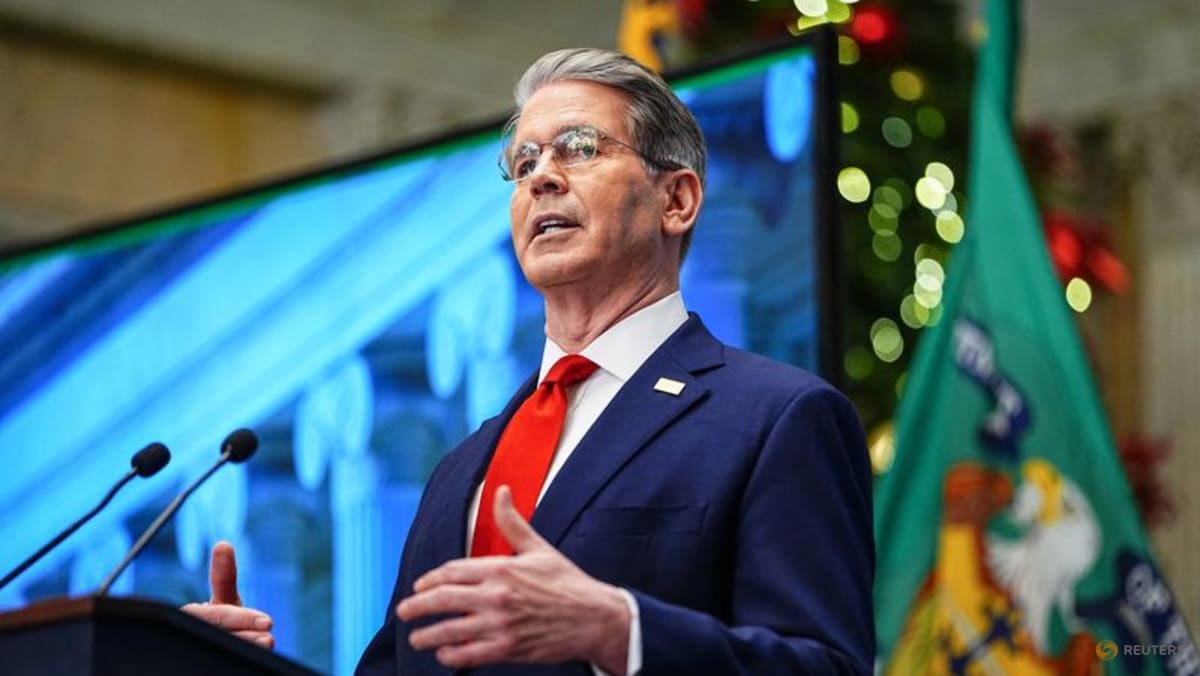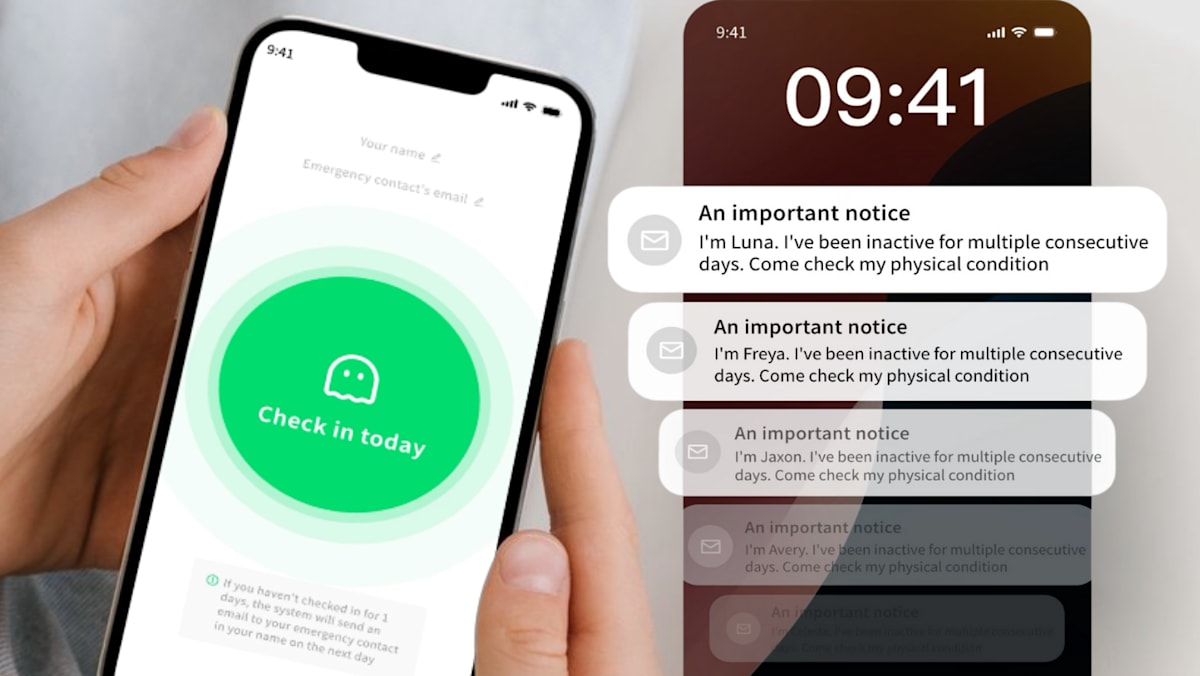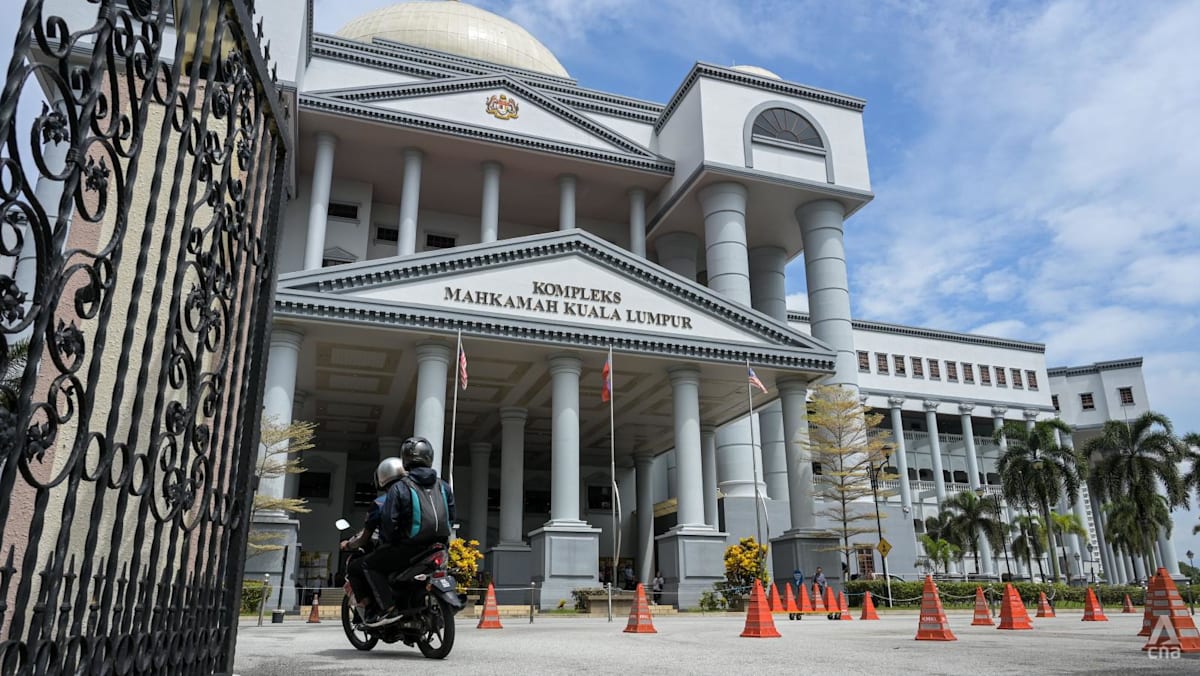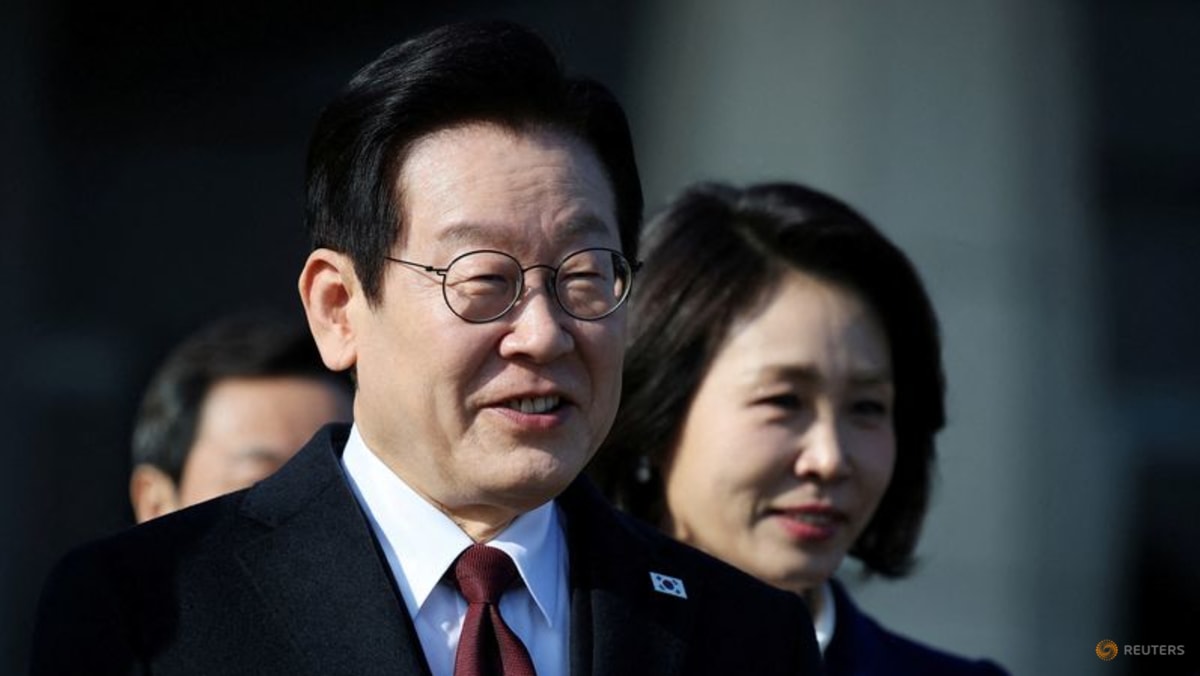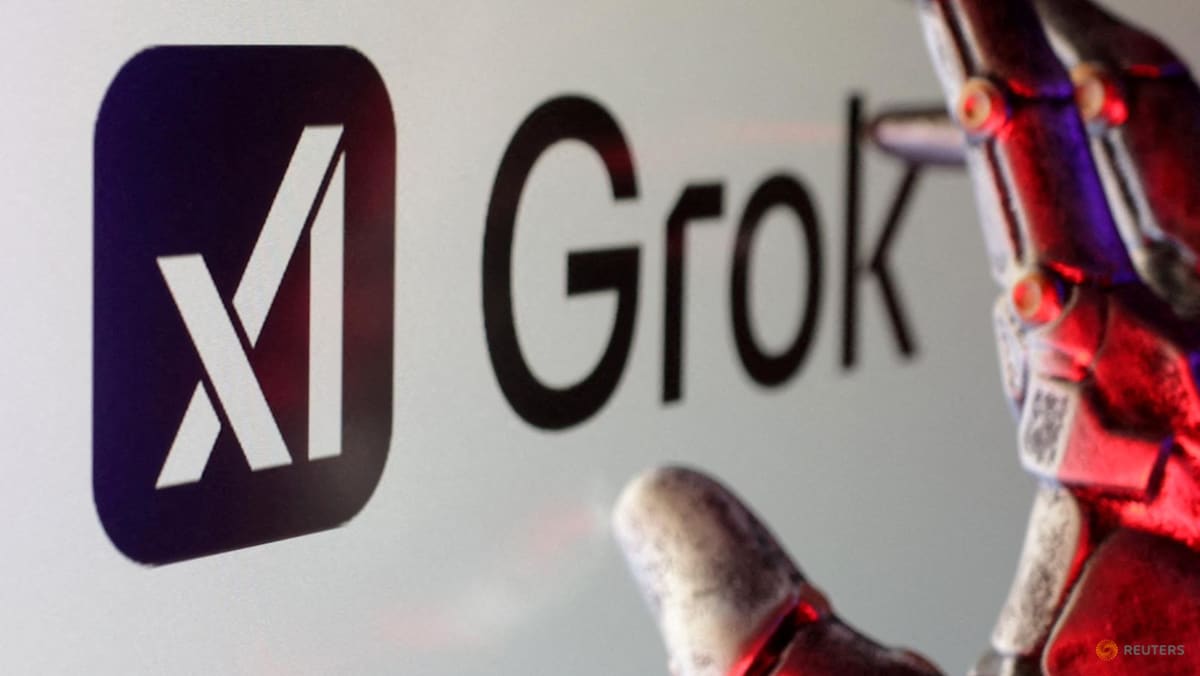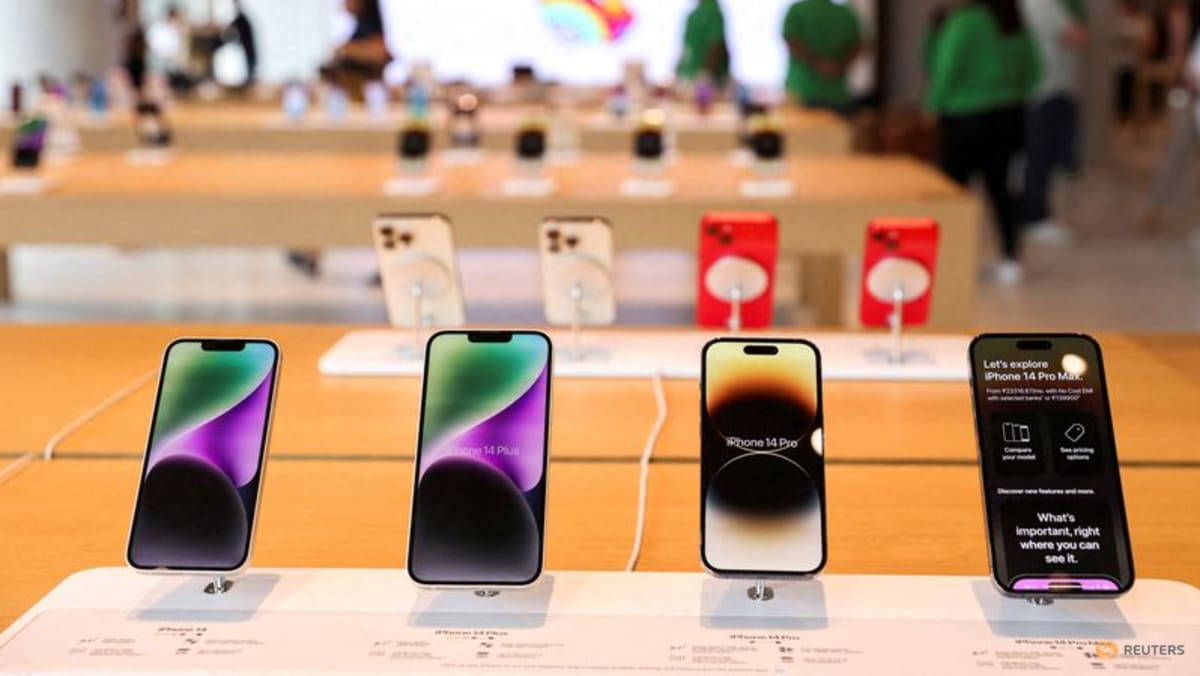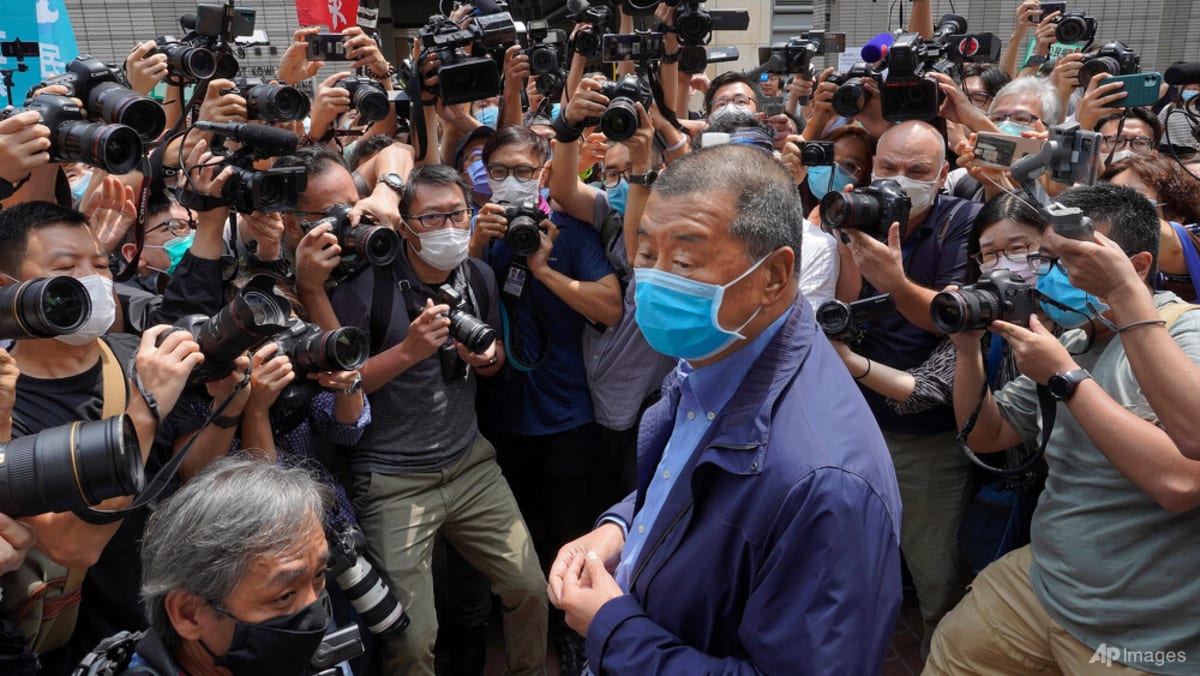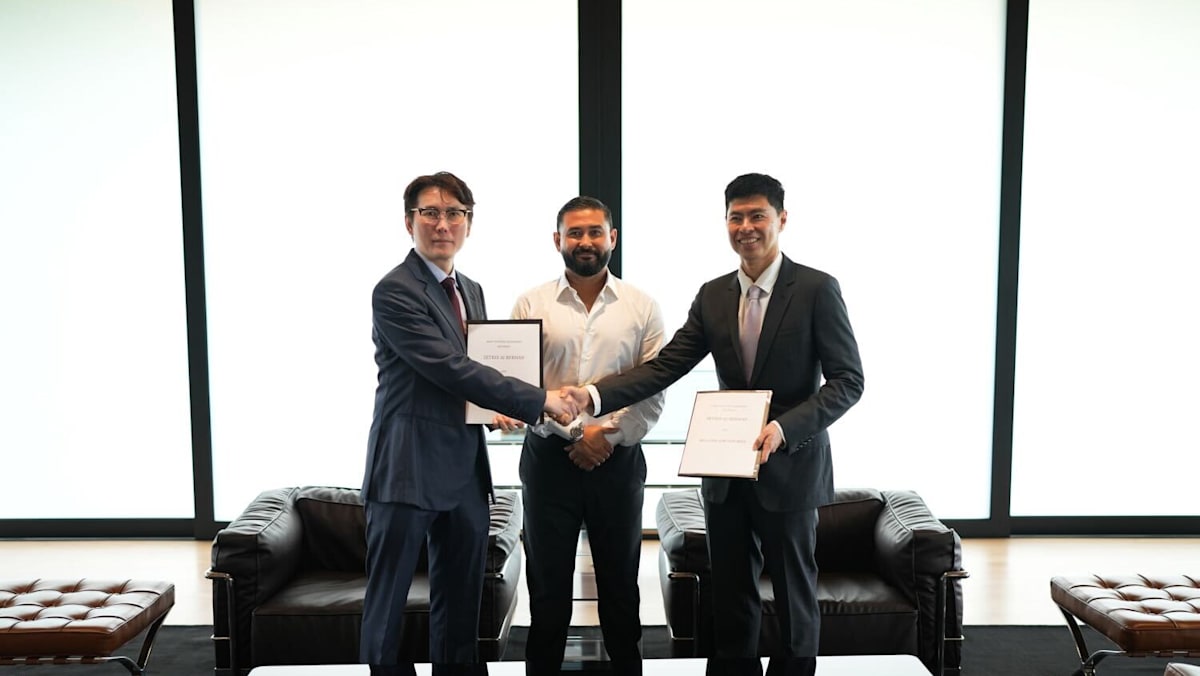Commentary: Indonesia’s iPhone 16 ban sends the wrong message to foreign investors
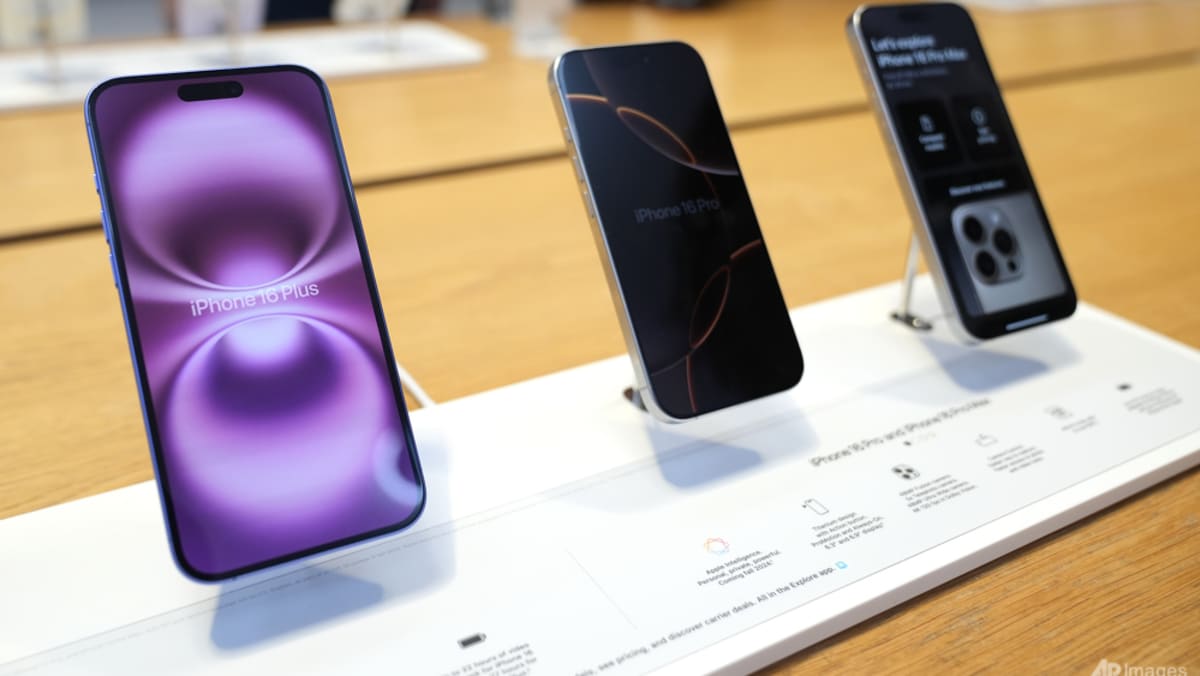
HEADACHES AND HURDLES
It’s possible Cook and his team saw the same challenges other firms are facing. The US State Department’s 2024 Investment Climate report on Indonesia cites “restrictive regulations, legal and regulatory uncertainty, economic nationalism, trade protectionism, and vested interests” as the main headwinds complicating its foreign investment outlook. Policymakers should work on clearing some of these hurdles.
Indonesia’s economy is still largely driven by commodities. Policies that require foreign companies seeking to access raw materials to perform some of the processing locally had some success in bringing electric-vehicle battery plants to the country. But they have also faced condemnation from the World Trade Organization.
The uncertainty and additional headaches spurred by some of the protectionist policies hasn’t paid off more broadly. Manufacturing as a proportion of Indonesia’s GDP has ticked down during the former president’s time in office.
Apple, for its part, should find a way to work this out.
Even if it doesn’t command a huge share of the overall Indonesian smartphone market now, it has a lead and 40 per cent share of the premium segment, representing devices over US$600. And the top end had 70 per cent year-on-year growth in shipments last quarter, driven mostly by Samsung and Chinese phone makers.
Apple’s chief financial officer Luca Maestri pointed to growth in Indonesia and other emerging markets as a bright spot amid revenue struggles in China earlier this year.
Apple has seen some weakness there amid the rise of domestic smartphone players. But these rivals also dominate in Indonesia: Four out of the top five smartphone makers are Chinese companies.
And more broadly, while US firms have dragged their feet on foreign investments in the Southeast Asian archipelago, Chinese money has poured in. Last year, it was more than double that of the US.
Source: CNA


